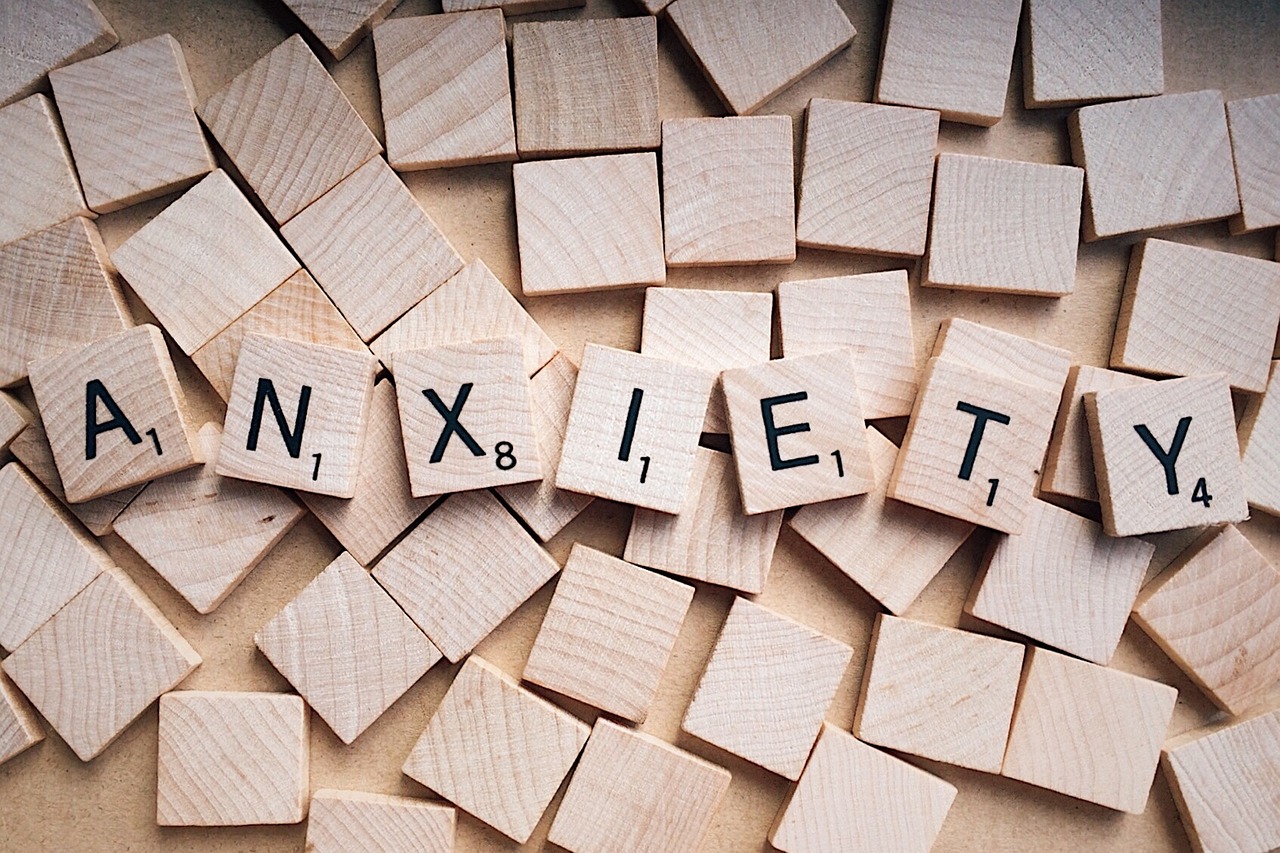Easing Anxiety: How Counselling Can Help
Anxiety is a common experience that affects many individuals at various points in their lives. It can manifest as persistent worry, fear, or unease, impacting emotional well-being and overall quality of life. If left unaddressed, anxiety can significantly interfere with daily functioning and personal relationships. However, the good news is that counselling can be a valuable tool in managing and alleviating anxiety. In this blog post, we will explore how counselling can help ease anxiety.
- Providing a Safe and Supportive Space: Counselling offers a safe and confidential space where individuals can openly express their concerns, fears, and anxieties without judgment. The therapeutic relationship formed with a trained counsellor can provide individuals with the support they need to explore their anxiety and gain insight into its underlying causes.
- Understanding the Nature of Anxiety: A key component of counselling for anxiety involves understanding the nature of anxiety itself. Counsellors can provide education about anxiety, helping individuals gain knowledge and awareness of their symptoms, triggers, and thought patterns. This understanding is empowering, as it allows individuals to recognize when anxiety arises and develop strategies to manage it effectively.
- Identifying and Challenging Negative Thought Patterns: Anxiety often stems from negative thought patterns and irrational beliefs. Counselling helps individuals identify and challenge these thought patterns, offering alternative perspectives and promoting more realistic and adaptive thinking. This process, known as cognitive restructuring, helps individuals reframe anxious thoughts, reducing their impact on emotions and behaviour.
- Developing Coping Strategies and Skills: Counselling equips individuals with a range of coping strategies and skills to manage anxiety. These may include relaxation techniques, mindfulness practices, breathing exercises, and guided imagery. Counsellors work collaboratively with clients to develop personalized coping mechanisms that can be used in everyday life to alleviate anxiety symptoms.
- Addressing Underlying Issues: Anxiety can sometimes be linked to underlying issues such as past trauma, unresolved conflicts, or low self-esteem. Counselling provides an opportunity to explore and address these underlying concerns, working towards healing and personal growth. By addressing the root causes of anxiety, individuals can experience long-lasting relief and develop resilience in managing future challenges.
- Encouraging Self-Care and Lifestyle Changes: Counselling emphasizes the importance of self-care and healthy lifestyle choices in managing anxiety. Counsellors help individuals identify self-care practices that promote emotional well-being, such as regular exercise, balanced nutrition, quality sleep, and engaging in activities that bring joy and relaxation.
- Providing Supportive Tools and Resources: Counsellors can provide individuals with a range of tools and resources to support their anxiety management outside of therapy sessions. This may include self-help books, worksheets, online resources, or recommendations for support groups. Having access to these resources enhances individuals’ ability to maintain progress and continue their journey towards anxiety management.
In conclusion, counselling offers valuable support for individuals struggling with anxiety. Through a combination of therapeutic techniques, coping strategies, and a supportive therapeutic relationship, counselling can help individuals gain insight, develop effective coping mechanisms, and reduce the impact of anxiety on their daily lives. If anxiety is impacting your well-being, seeking professional counselling support can be a positive step towards managing anxiety and reclaiming a sense of calm and control in your life.
If you’d like to start your counselling journey, click here to make an appointment.

